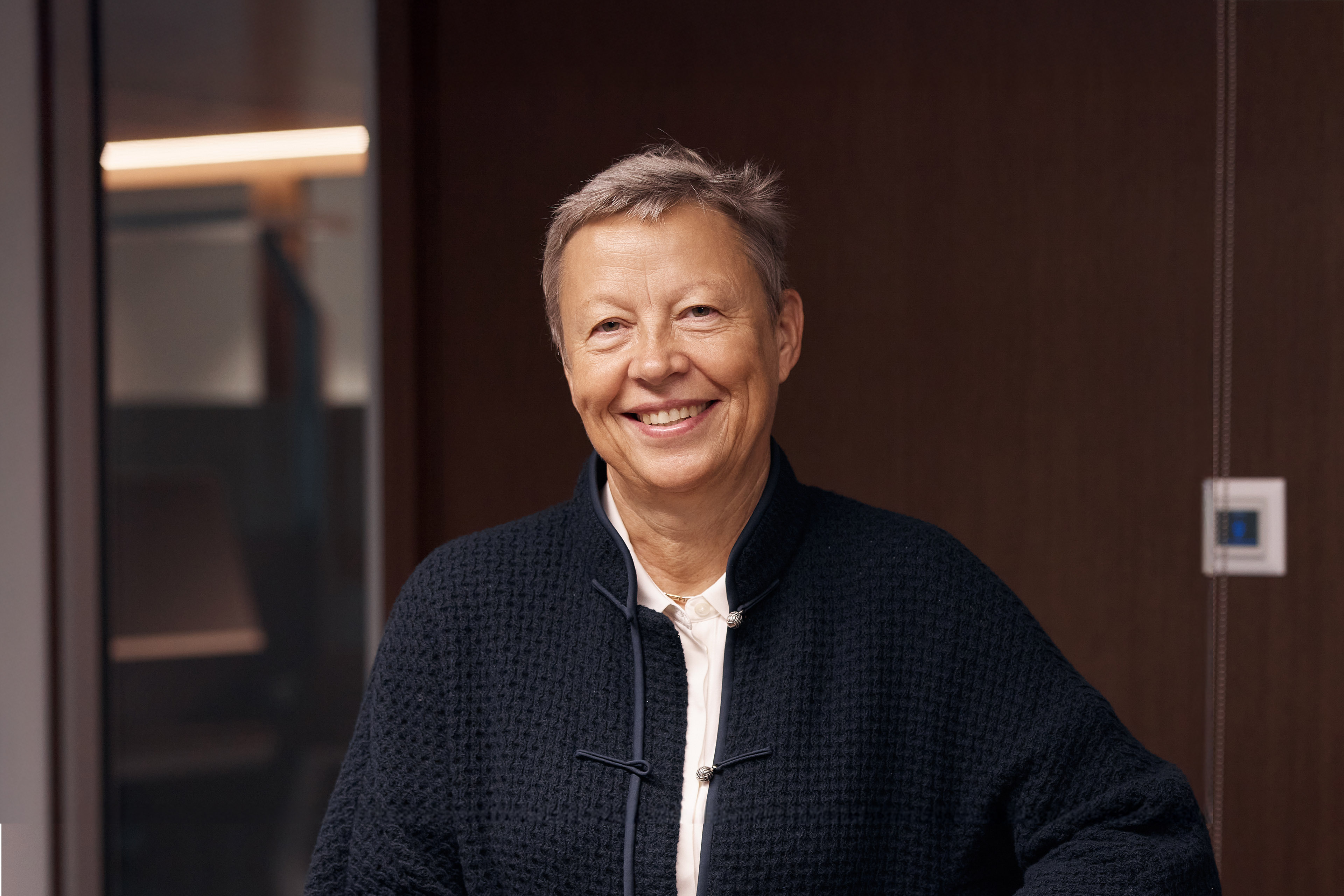EY refers to the global organization, and may refer to one or more, of the member firms of Ernst & Young Global Limited, each of which is a separate legal entity. Ernst & Young Global Limited, a UK company limited by guarantee, does not provide services to clients.
Digital
At EY, we believe that digital transformation is there to unlock human potential, and accelerate new and better ways of working.
Direct to your inbox
Stay up to date with our Editor's picks newsletter.
How EY can Help
-
Discover how EY's digital transformation teams can help your business evolve quickly to seize opportunities and mitigate risks. Find out more.
Read more -
Supply Chain Reinvention helps clients effect a fundamental change in their performance to support sales growth, become more cost-competitive, minimize risk and improve operational resilience.
Read more -
Our divestiture services can help you with portfolio management to improve value from carve-out, spin-off or joint venture. Get in touch today.
Read more -
Our digital tax team takes a deep dive to look at your tax function from every angle, from taxation to tax function operations. Learn more.
Read more - Read more
-
Discover EY-Parthenon’s AI-powered deal technology platforms that drive real-world results across strategy, transactions and transformation.
Read more -
Discover how EY's finance consulting services can help your business capitalize on opportunities to drive profitable growth and drive transformative change.
Read more -
EY-Parthenon's Digital Strategy Consulting teams design and deliver digital business strategy to help accelerate business transformation and fuels growth.
Read more -
Discover M&A advisory services from EY when you buy and integrate. We help enable strategic growth through integrated mergers and acquisitions, joint ventures and alliances.
Read more -
Discover how EY's blockchain consulting team can help your business to streamline business processes, protect against cyber threats and much more.
Read more -
Our Consulting approach to the adoption of AI and intelligent automation is human-centered, pragmatic, outcomes-focused and ethical.
Read more -
Discover how EY's customer experience transformation team can help energy providers empower their workforce, engage customers & drive long term value. Learn more.
Read more
Careers at EY
At EY, you’ll have the chance to build a career as unique as you are, with the global scale, support, inclusive culture and technology to become the best version of you. Join us and build an exceptional experience for yourself, and a better working world for all. The exceptional EY experience.












